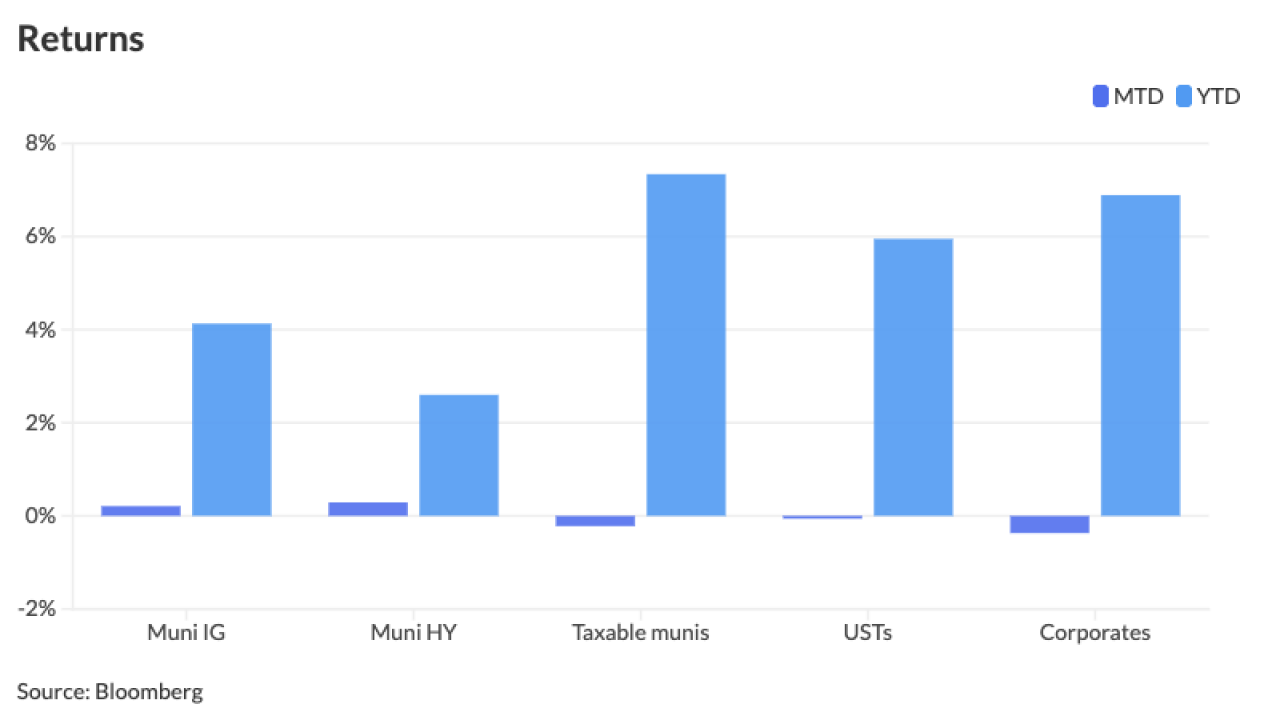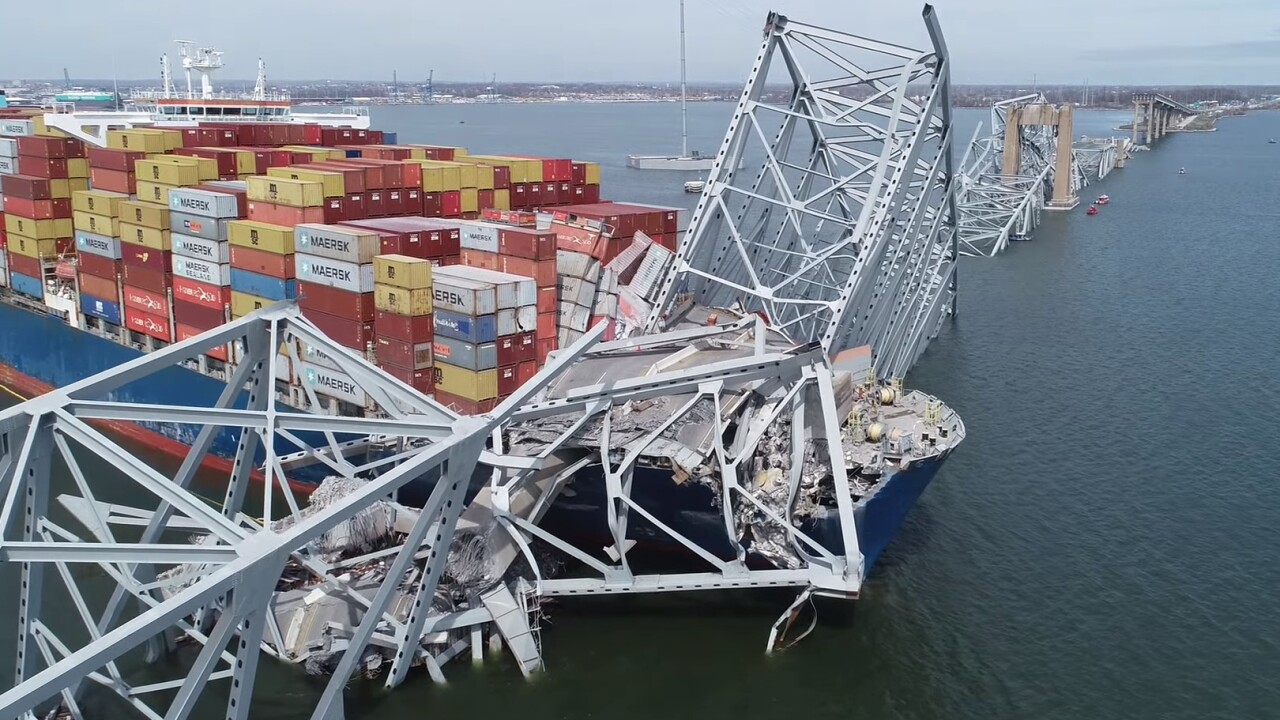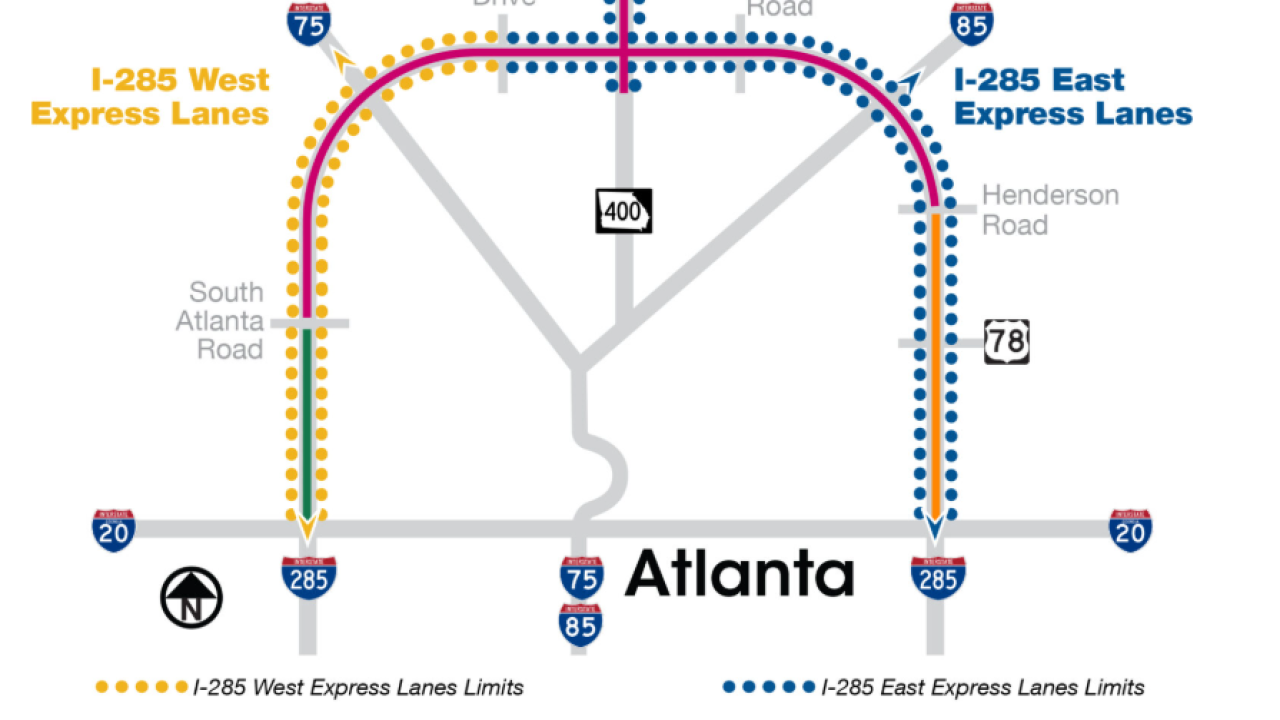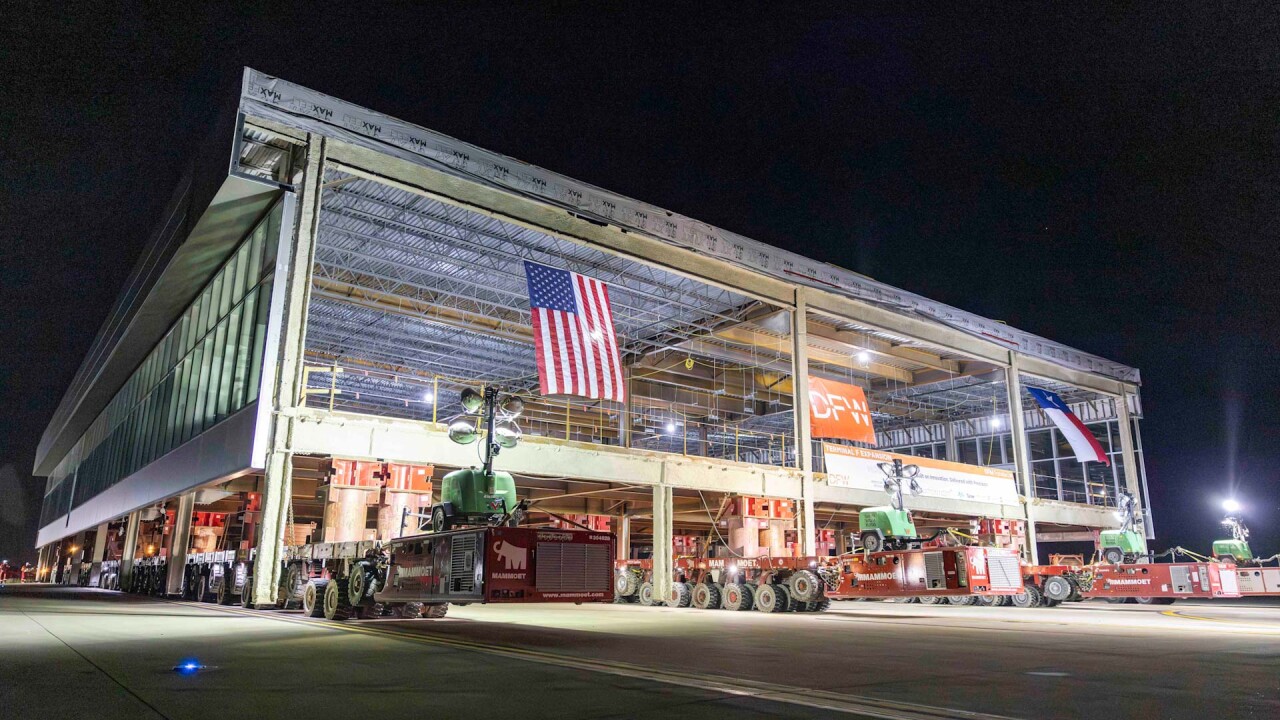
DALLAS — Democrats have drawn a line in the sand on federal transportation funding, vowing to oppose any further short-term extensions of the Highway Trust Fund's solvency after the Senate adopts the House bill for a two-month patch through July 31.
Easier said than done, according to transportation experts who see little chance that congressional Democrats and the Obama administration would allow federal transportation funding to lapse over a revenue dispute.
"They had to say that to build a fire under the Republicans," said Jack Basso, a transportation funding consultant. "The Democrats would not allow the programs to run out if there is no money left in the Highway Trust Fund.
"They would have to vote for an extension in that case, but not without putting up a real good fight," said Basso, former director of program finance and management at the American Association of State Highway and Transportation Officials. "The real problem is where to find the money," he said. "A fully funded six-year bill is going to take $100 billion or more of new revenue, and it's not at all realistic that they're going to find that in the next two months."
Extending the spending authority through June did not require additional revenue but another extension will, Basso noted.
"This was easy money," he said. "Getting us through the end of the year will cost $10 billion and that's not so easy."
Rep. Bill Shuster, R-Pa., chairman of the House Transportation and Infrastructure Committee and sponsor of the two-month fix, said during Tuesday's House debate on the bill that another extension will likely be needed this summer before Congress breaks for its August recess.
An extension through the end of the year would be supported by Rep. Paul Ryan, R-Wisc., chairman of the House Ways and Means Committee, and Sen. Orrin Hatch, R-Utah, chairman of the Senate Finance Committee. Both want to find the additional revenue needed for a long-term highway bill through comprehensive tax reform.
Basso put the odds for another extension at 60% likely, with a 40% chance that a fully funded, multiyear transportation bill will be ready by Aug. 1.
"The Senate Environment and Public Works Committee is set to [vote on] a long-term transportation bill on June 24, so there's some pressure on the revenue side to get something done by then," Basso said. "But if it involves comprehensive tax reform, there's no way that is going to get done in two months and maybe not even in 2015."
The short-term extension is worthwhile only if it leads to a long-term fix soon, said AAA spokesman Michael Green.
"Congress has had a difficult time passing important legislation in recent years, so it is unclear what might happen in the coming months," he said. "We hope the near-term deadline keeps pressure on Congress to find a viable, long-term solution, rather than wasting billions of dollars by kicking the problem down the road."
The revenue problem could be solved by an increase in the federal gasoline tax as advocated by the AAA, Green said.
"Congressional inaction has let the financial hole we're in get deeper each year," he said. "It is irresponsible to maintain roads and bridges without having the money to pay for it."
The two-month measure adopted by the House on Tuesday night reauthorized federal transportation funding until July 31, avoiding a cutoff of federal reimbursements to states that would force a shutdown of highway construction projects across the country. The Senate is expected to take up the bill, H.R. 2353, before breaking for the Memorial Day recess.
The Senate will reluctantly approve the House extension proposal, according to Sen. David Durbin, D-Ill.
"What the Republicans have given us now is an opportunity for America to patch its way to prosperity," Durbin said. "They believe that if you fill enough potholes, you can actually build a highway."





